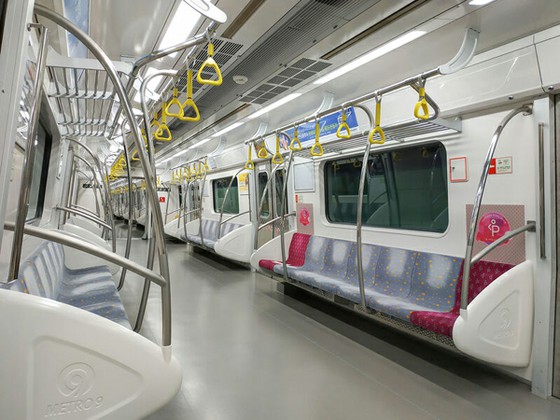 |
The main issues in negotiations between labor and management are restructuring plans and the expansion of safety personnel. The Seoul Transportation Corporation Labor Union (KCTU) and the Union Labor Union (Korea Trade Union), the two major labor unions within the company, have set up a joint bargaining team, and from September this year, they will negotiate wages and collective agreements for this year with employers.
Employers proposed a plan to cut 1,539 workers during the second round of negotiations on January 4th, but it fell apart during the third round of negotiations held on January 6th. In the fourth and fifth rounds of negotiations, which resumed on November 25th and the 28th, labor and management have only reconfirmed their existing positions, and no progress has been made in the negotiations.
In the fifth round of negotiations that day, the labor union once again demanded △the withdrawal of personnel reductions, △implementation of personnel replacements within the year, and △safety measures related to the Sindang Station disaster and the October 29th Itaewon disaster. The labor union plans to go on strike from the 30th, just like the teaser, if no compromise can be found in the main negotiations. Prior to this, the labor union has been conducting a compliance struggle to protect the "two people in one team" work and safe driving regulations since November 24th.
Meanwhile, the city of Seoul formed an emergency transportation task force on the day to minimize the inconvenience to citizens caused by the union strike teaser.
The emergency transport task force will maintain close cooperation with relevant agencies such as the Seoul Transportation Corporation, KORAIL, the bus industry, autonomous regions, and the police until the strike ends. In addition, implement emergency transportation measures according to strike situations. Even if the labor union goes on strike, the subway will operate normally during the morning commute to work, and the subway operation rate during the daytime when the subway congestion is low will be 72.7% of the normal level.
The city of Seoul will secure more than 13,000 workers, including retirees and employees of cooperating companies, which is 83% of normal levels, and maintain subway transportation functions. In addition, it plans to make every effort to minimize the inconvenience of citizens, such as assigning 138 city employees as station building support workers. Even if the strike is extended for more than 8 days, the morning commute to work time period will be operated at 100% of normal times, but considering the fatigue of the staff, train operations during non-crowded hours will be reduced to 67.1 to 80.1% of normal times. to operate.
Measures for alternative transportation will also be implemented in parallel. △ Extending 30 to 60 minutes of centralized city bus dispatch during commuting hours △ Arrangement of chartered buses at congested subway stations (supported by transportation corporations).
2022/12/06 09:45 KST


